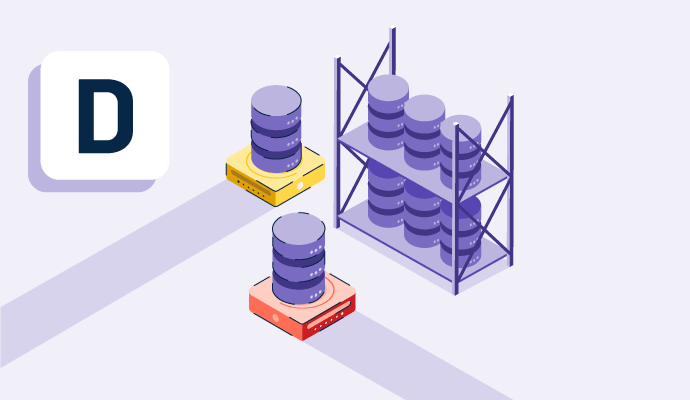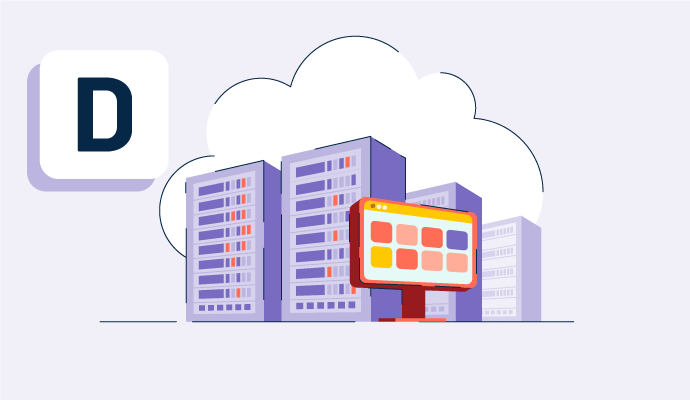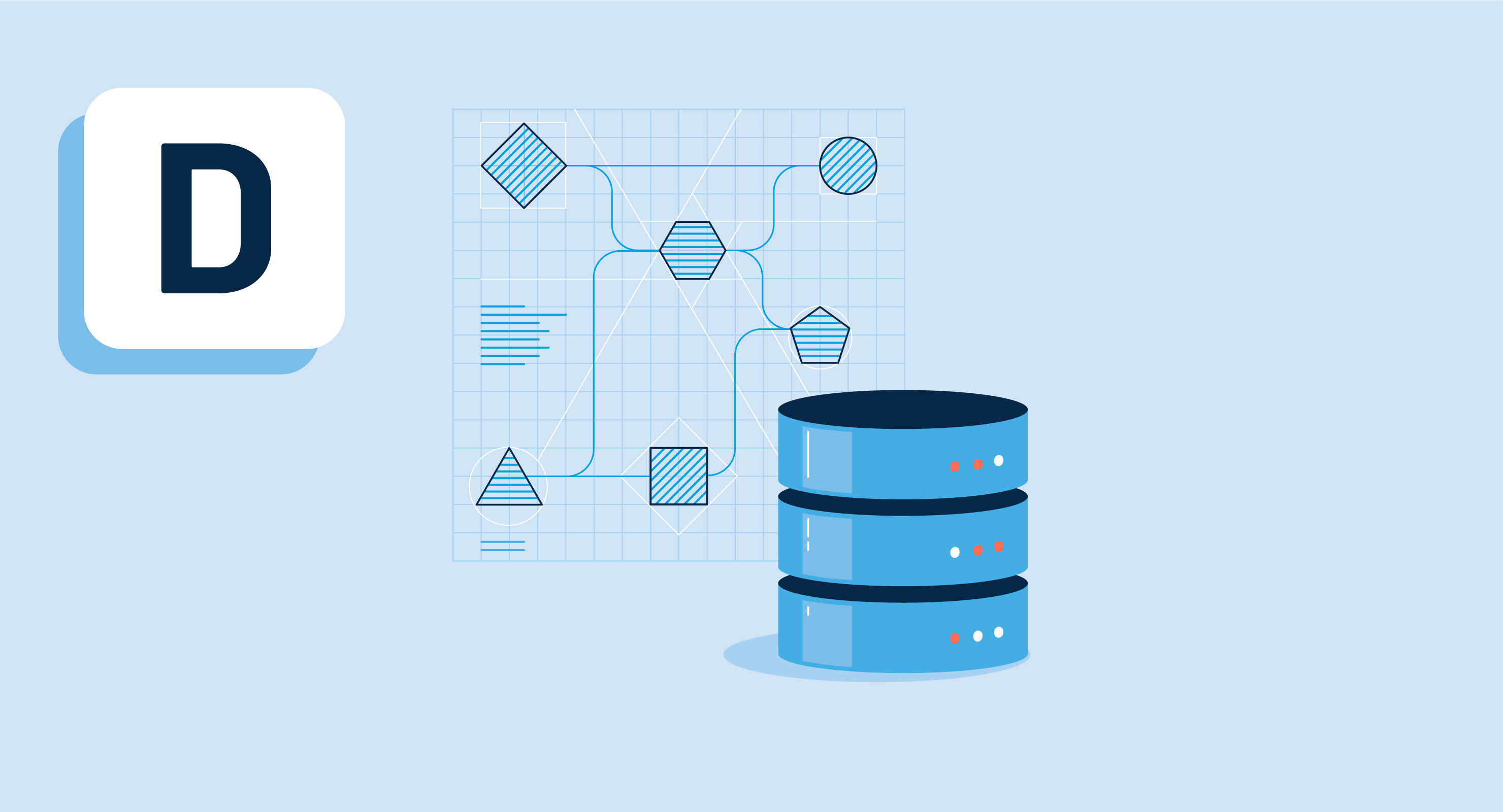Data Warehouse Solutions Resources
Articles, Glossary Terms, Discussions, and Reports to expand your knowledge on Data Warehouse Solutions
Resource pages are designed to give you a cross-section of information we have on specific categories. You'll find articles from our experts, feature definitions, discussions from users like you, and reports from industry data.
Data Warehouse Solutions Articles
36+ Big Data Examples and Applications In Real Life
As companies rationalize their database management practices, more firms turn to big data to operationalize their business outcomes.
by Devin Pickell
25+ Data Warehouse Statistics IT Teams Need to Know in 2024
In today's era of big data, having a reliable storage solution and effective analytical tools is essential.While basic databases are adept at organizing information, a data warehouse offers both storage capabilities and powerful analysis tools, enabling you to process and transform data into valuable insights for decision-making.As businesses increasingly recognize the importance of data warehouses, the market for these solutions is experiencing rapid growth. Investing in a data warehouse solution can help your organization remain competitive in the data-driven landscape.We've compiled some statistics to provide further insights into this industry growth and the necessity for such solutions. So, let's dive in!
by Melanie Maggine
Introducing G2’s Latest Category: Data Warehouse Automation
The data warehouse software market is booming. According to a report by Yellowbrick, it is estimated that the size of this market will be over $30 billion by 2025.
by Preethica Furtado
8 Big Data Technologies On the Rise
The media storm surrounding big data has calmed, but businesses are still searching for ways to harness all this data.
by Devin Pickell
The 4 Most Important Big Data Programming Languages
Programming languages, just like spoken languages, have their own unique structures, formats, and flows.
by Devin Pickell
What Is a Data Lake and Why Is It Essential for Big Data?
If you’re someone like me, you enjoy structure, neatness, and simplicity.
by Devin Pickell
Data Warehouse Solutions Glossary Terms
Data Warehouse Solutions Discussions
0
Question on: Databricks Data Intelligence Platform
What is Lakehouse in Databricks?What is Lakehouse in Databricks?
Lakehouse is a new and open data management architecture solution that combines the best features of the data lake and warehouse.
Traditional data warehouses used highly structured data that was high-cost but easy to use.
Data lakes handles unstructured data at low cost in a way that was difficult to use.
Lake house makes it easy to handle both types of data in way that is almost as cheap as a traditional lake and almost as easy as a traditional warehouse
Lakehouse architecture is the merging of the data warehouse and data lake concepts into a single platform, with built-in support for lineage maintenance and ML.
What is a Data Lakehouse? A data lakehouse is a new, open data management architecture that combines the flexibility, cost-efficiency, and scale of data lakes with the data management and ACID transactions of data warehouses, enabling business intelligence (BI) and machine learning (ML) on all data.
0
Question on: EXASOL
How Exasol DB is different from Other Transactional Database.In My current client engagement, we are keeping all the data in Microsoft SQL server. but now we have to migrate from SQL server to another transaction database because we are facing performance issue in IT. Client suggested to migrate to Databricks SQL or Exasol. so need some suggestions and expertise on this?
Hi Mayank,
I have worked on all 3 databases (SQL server, Exasol & Databricks SQL) so I will try my best opinion to choose good database in terms of Performance for your organization.
Microsoft SQL Server is also a good choice of transaction database but if you have a large amount of data and you have some downstream application or reports to use that data then you can see some performance issue.
Exasol is the best choice because this is a in-memory database so all the data stores in the RAM or you can say in the In-Memory not in DISK so when you extract or load the data then its is very fast as compared to other databases.
In Exasol, we have LUA scripts as well which can be used to implement the ETL pipeline to fetch the data from different sources and loading it into Exasol DB.
Exasol DB can be integrated Easily with reporting solutions like POwerBI or Tableau so the reports which integrates with ExasolDB is also very fast in terms of Performance.
Databricks SQL is also a good choice of database but it requires lot of technical expertise to implement the data pipeline in Databricks SQL so it will be good to implement the same in Exasol.
The only limitation of Exasol is Cost/Price so if your organization is well established to adopt it then this is a great choice.
Data Warehouse Solutions Reports
Mid-Market Grid® Report for Data Warehouse
Summer 2025
G2 Report: Grid® Report
Grid® Report for Data Warehouse
Summer 2025
G2 Report: Grid® Report
Enterprise Grid® Report for Data Warehouse
Summer 2025
G2 Report: Grid® Report
Momentum Grid® Report for Data Warehouse
Summer 2025
G2 Report: Momentum Grid® Report
Small-Business Grid® Report for Data Warehouse
Summer 2025
G2 Report: Grid® Report
Enterprise Grid® Report for Data Warehouse
Spring 2025
G2 Report: Grid® Report
Small-Business Grid® Report for Data Warehouse
Spring 2025
G2 Report: Grid® Report
Mid-Market Grid® Report for Data Warehouse
Spring 2025
G2 Report: Grid® Report
Grid® Report for Data Warehouse
Spring 2025
G2 Report: Grid® Report
Momentum Grid® Report for Data Warehouse
Spring 2025
G2 Report: Momentum Grid® Report











